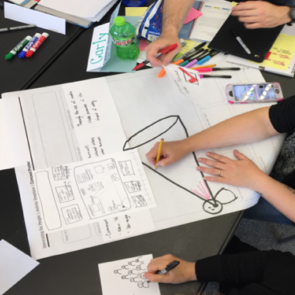The Consortium offers training in Project-Based Learning (PBL) that provides educators with an in-depth understanding of the key PBL design elements, and the knowledge and confidence to implement portions of PBL or full PBL projects in their classrooms.
PBL pedagogy creates space and opportunity for creative thinking, problem-solving, and individualized learning, skills that students need to thrive in education and beyond. PBL educators facilitate brainstorming, research, and feedback strategies that focus on student voice and choice, providing equitable space for all students in the classroom. We have seen first-hand what research supports– students who engage with PBL are more confident in their communication, critical thinking, and creativity. The opportunity to explore real-world problems, practice decision-making and leadership skills empowers students to take the lead in their own learning.
As part of our training, educators engage with and practice instructional strategies for implementing PBL. These strategies are based on the principles of human-centered design (HCD), ensuring equitable and inclusive practices in your classroom. Throughout our training, you will work through a project-planning document to help you visualize and plan your project. This model allows participants to learn from the expertise of all cohort members, in addition to CPE staff. Further, our staff is committed to providing follow-up coaching sessions with all cohort members.
Training and Program Options
We offer options for both individual educators as well as school/district teams.
District training is customized. We work with district leaders to identify needs, timeline, and outcomes for your cohort of educators.
General training is open to individuals and small groups of educators. These are scheduled throughout each school year.
For districts starting out with project-based learning, we recommend building a cohort of interested educators or early adopters. This hour-long presentation introduces staff to PBL and its key design elements, the positive impact that it can have in the classroom, common misconceptions, and what to expect from our training course.
Instead of looking at PBL as a large undertaking, consider approaches that allow educators to learn the skills in smaller chunks.
- “PBL Without the Project”
- Element-Focused (e.g., Learning Outcomes, PBL Assessments, Driving Questions, Real World Connections, Student Voice & Choice, Research, Brainstorming, Feedback & Revision, Reflection, Public Presentation)
- Assessment Mini workshop
- Project Re-Design/PBL Feedback Workshop
- Brainstorming Mini Workshop
- Feedback, Revision, and Metacognitive Skill-Building
For educators who were previously trained in PBL, in-district coaching can support educators through the long-term implementation process. This encourages adaptation and growth in teachers who have been trained and includes guidance and troubleshooting when things happen outside the norm.
Students are concerned about their futures, and many are interested in how they and their peers can help make their communities and the world at-large become more sustainable. Through this program, student teams learn how local organizations (companies, nonprofits, government, etc.) are working to become more sustainable entities and/or improve outcomes for their communities.
Students also learn about the United Nations Sustainable Development Goals (UNSDGs) so that they can see how the impact they have locally connects globally. Over the course of this program, students identify an issue(s) in their community that aligns with one or more of the UNSDGs. They research their topic and design sustainable solutions that help to alleviate/mitigate the issue. If possible, they may also begin to test or implement their solutions. The program will culminate with students sharing their proposed solutions and learnings with their peers, their community, and local organizations involved in this program.
The program culminates with students sharing their proposed solutions and learnings with their peers, their community, and local organizations involved in this program.
Educators supporting these student teams must be previously trained in project-based learning and must support the student team in their work between the kickoff and the culminating presentation utilizing the elements of PBL.
Business partners connect with educators and students to serve as a resource in their work, often providing mentoring, assisting with site visits, or developing additional relevant connections. Businesses sponsoring this program are encouraged to work with the Consortium to create additional resources to increase their impact on students who are not a part of the program directly.
Watch this video of the kickoff for the SSDC in October 2023.
Frequently Asked Questions
Absolutely! Our staff believes that the elements of PBL and those strategies associated with each, can also be implemented singularly within your class in all content areas and with all grade levels.
YES! We have seen successful PBL implementation in high school Advanced Placement courses, as well as in first grade classrooms. Each PBL project presents its own moments of excellence and learning opportunities.
That’s great! Our training and resources aim to provide a wide variety of practical, on-the-ground strategies for implementation.
You can use your learnings to build out a project for next year! Elements and strategies can be used outside of projects and in day-to-day class routines.







